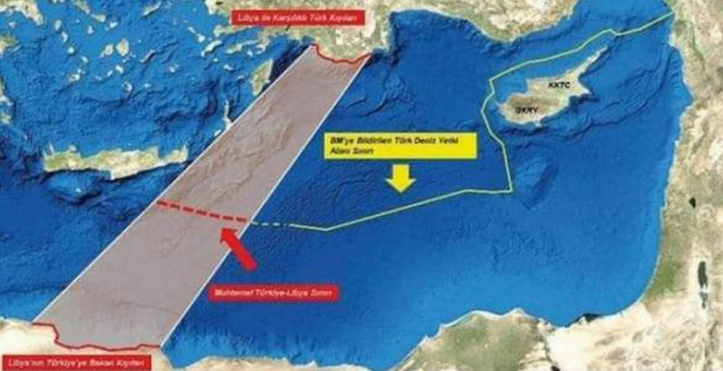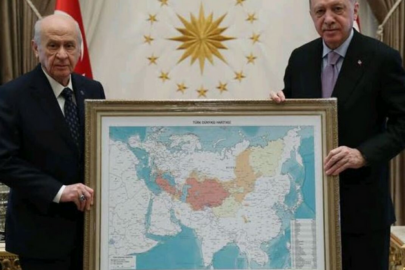“Greece’s announcement to open channels of dialogue with Libya on the demarcation of the maritime borders, is a remarkable development in the geopolitical shifts in the eastern Mediterranean,” said Dr. Ahmed Kandil, Head of the Energy Studies Program at the Al-Ahram Center for Political and Strategic Studies (ACPSS).
Kandil told Hafryat newspaper that Greece was “very late in discussing this important file, which led to the increase of Turkish influence in Libya by signing agreements with the Government of National Accord (GNA) previously in 2019. As well as concluding the energy deal with the outgoing PM, Abdel-Hamid Dbaiba.”
He added that “if Greece was able to move forward in its dialogue with the Libyan side and sign an agreement that leads to the demarcation of the maritime borders between them, this will lead to dispelling Ankara’s claim that it has borders with Libya. Cairo and Athens previously concluded the demarcation of the borders between them, and therefore there will be no maritime communication between Turkey and Libya.”
He added that the Turkey-Libya MoU “did not receive any recognition, it is illegitimate, and is not based on the foundations of international law.”
Kandil pointed out that a successful agreement between Greece and Libya would essentially “mean the end of the Turkish dream.”
Last month, Libya and Turkey signed a series of economic agreements that included potential energy exploration in maritime areas. The agreements will allow for oil and gas exploration in Libyan waters and come three years after the two countries signed a maritime border deal, Turkish Foreign Minister, Mevlüt Çavuşoğlu said after signing an MoU in Tripoli.
Venerable Byzantine Churches and Chapels in Central Athens
Greek Foreign Minister, Nikos Dendias said that his country is looking forward to the delimitation of the Exclusive Economic Zone (EEZ) with Libya “when an elected government exists in the country.” These remarks came during a joint press conference with his Lebanese counterpart, Abdullah Bou Habib following their meeting in Athens.
“This would create another triangle of stability: Greece, Egypt, Libya, and in the Eastern Mediterranean. We would also wish for this example to extend to our neighbor, Turkey,” he added.
Dendias noted, “We hope to be in a position, after the elections in Turkey, to negotiate with Turkey the only bilateral difference [between the two countries], always according to the international Law of the Sea”.
Source: Libya Review


































